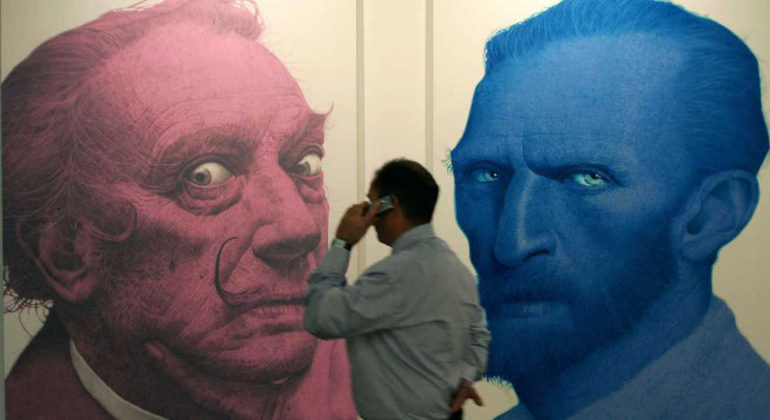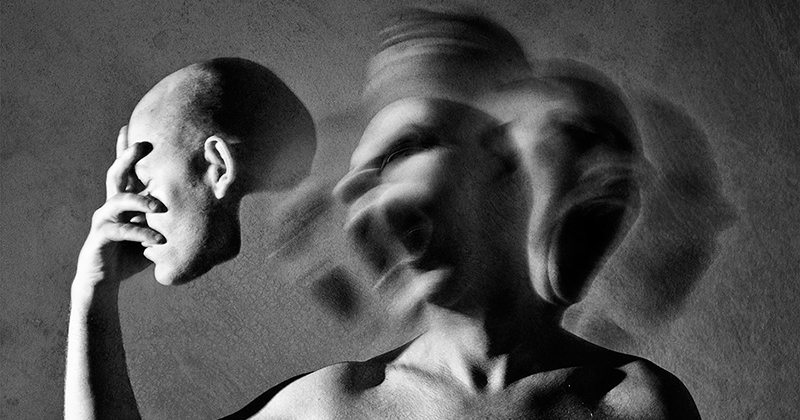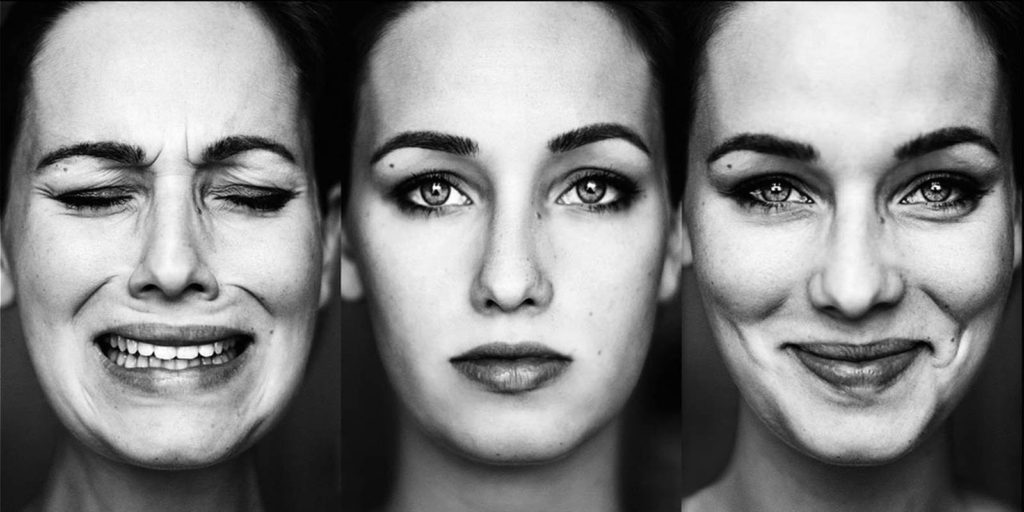The research conducted at the King’s College, London suggests that the creative people are prone to mental disorders like- schizophrenia, bipolar disorder, and depression. All of us knew beforehand that the brains of creative people function in an altogether different manner. But the new study reveals that the way their brains work actually creates mental-health problems.
The research done over the medical and educational reports of the entire people of Sweden implicates that the people who pursued their education in the field of art, music, etc. faced more mental problems. Whereas, people who pursued law degrees faced lesser risks.
Schizophrenia and its treatment(s)
The study shows that approximately 1% of the world population has schizophrenia. Schizophrenic people hear voices- “verbal hallucination”. One out of every three patients doesn’t respond to the treatment.
According to Dr James McCabe, the way the genetic of the creative people are designed may be the root cause of the mental-health problems. To quote him, “creativity usually involves linking ideas or concepts in ways that others wouldn’t think of. But, that is also similar to how delusions work. For instance, seeing a connection between the colour of someone’s clothes and being part of an MI5 conspiracy. He also argues that people who get emotionally after seeing a painting are more prone to depression. His research has been published in The British Journal of Psychiatry.
Bipolar disorder
A study on 86,000 people in Iceland connects the genetic make-up of people like artists, musicians, etc. with mental disorders. The drawback in this study lies with the definition of “creative people” set by the researchers. Their definition includes only people who study art degrees. Dr Shelley Carson from Harvard University goes against it by saying, “It is not ideal as many highly creative people are not studying art.”
Furthermore, a study done last year suggests the connection of genetics with 79% of the cases related to mental health problems.
Around 62% of creative people are prone to have bipolar disorder. 39% are likely to suffer from depression.
According to the World Health Organization report, half of the schizophrenic people in the world do not receive the required care, the allotted medications do not help much with the root cause of the disorder, and there has not been considerable progress made in the field in the last 50 years.
At present, the treatment is concerned merely with the specific symptom of the disorder- psychosis.












